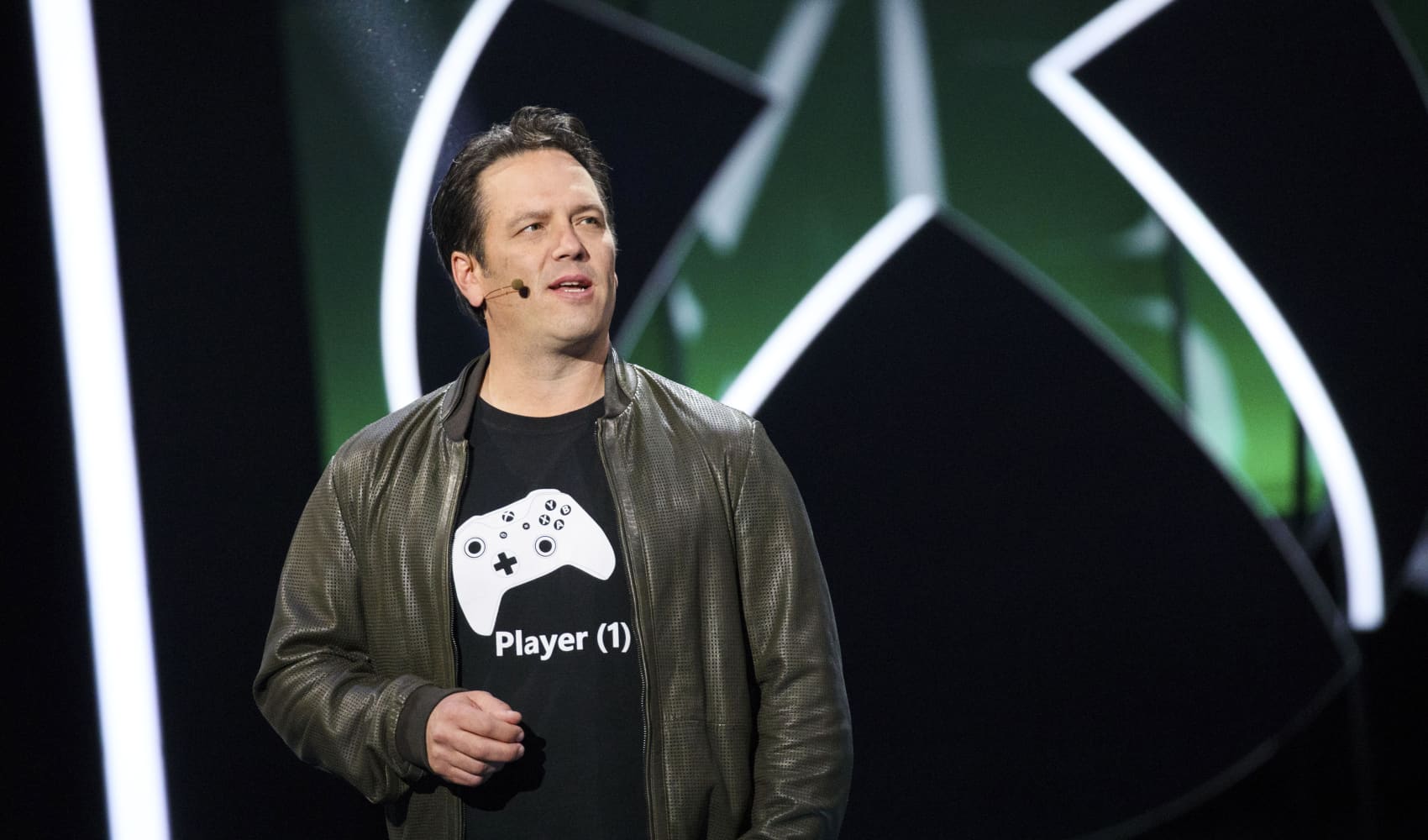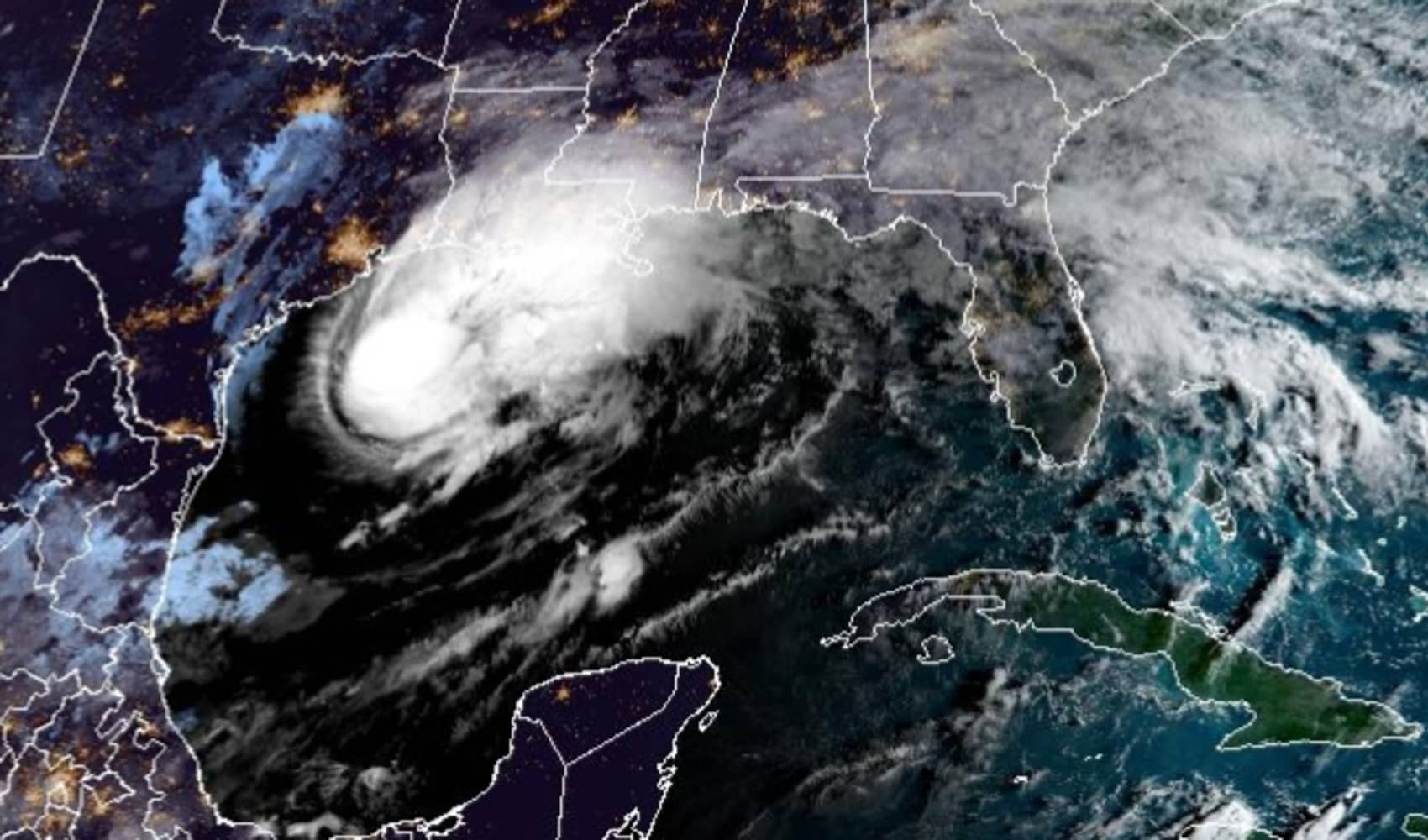
In June 2017, I was let go from a journalism job and decided to spend the summer working a temporary gig and saving money to travel in the fall. When I got back to the States in December, I felt I was ready to find my next role in journalism. I stayed with my parents to save money on rent.
Over the course of a year, I applied to dozens of jobs. Some led to emails with the hiring manager or recruiter. Others to the first phone conversation. At least one led to seven rounds of interviews with no offer at the end of the process. Over the first six months alone, I interviewed at more than 10 different companies to no avail. No one would hire me.
Getting rejected time and time again was extremely disheartening. I felt worthless. I was depressed. What was I if not the title I got from my job? What proof did I have that I mattered?
There are currently 7.2 million unemployed people in the U.S., according to the Bureau of Labor Statistics, with 1.5 million of them being long-term unemployed, or out of work for 27 weeks or more. Many of them might be feeling the very same pain I felt that year.
Get top local stories in San Diego delivered to you every morning. Sign up for NBC San Diego's News Headlines newsletter.
For me, though, it was exactly that emotional toll that led to some critical shifts in how I approach my work life. These shifts have stayed with me ever since and helped me build a much healthier relationship with work.
Even if that was the end of my career, it was enough
I remember one night in May 2018, heartbroken and lying in my parents' basement, I came to the first realization.
Money Report
I had been working as a journalist for seven years. I'd written for national publications like The New York Times and local ones like the Village Voice. But when it came to my self-worth and sense of accomplishment, none of it mattered.
Regardless of what I did, nothing was ever enough. It felt like I had this big hole in my stomach, and no matter how many published articles I chucked into it, it never filled up. It only got bigger. My relationship with work left me empty.
"I always say that perspective comes at an extremely high cost," says Janna Koretz, a clinical psychologist and expert on leadership and mental health. "When people go through a difficult thing, whatever that is, personal, professional [...] You gain a perspective in that."
When my professional black hole dawned on me, I decided to shift my perspective on my career. If I never got to write professionally again, I thought, everything I'd done thus far was plenty to be proud of and glean joy from. It was already enough.
I have nothing to prove
A few months later, the ongoing application process took its toll again. I started pinning all my worth on getting any response from hiring managers.
I was talking to a friend who'd recently had his own change of heart about work as a result of a debilitating neurological disorder. And he gave me an assignment. Imagine a world in which there was no work, he said, and write a list of human characteristics that you bring to it. What do you add to the world just by being who you are, he said.
"I think that's a great exercise," says Koretz, "because you do then start to realize all the things that you do bring to the table that have nothing to do with work." At Koretz's practice, Azimuth Psychological, they give people a similar exercise. They lay out a scenario in which there are no jobs and their patients have unlimited money, and they ask them what they would do.
It helps people "start to realize you have more than you think, you are more than you think," says Koretz. "It brings people a lot of hope and joy."
That's what I found in doing my friend's exercise. I wrote down 11 different attributes: naturally curious, creative, seeks joy, etc. And within a couple days I felt a seismic shift in my body. I realized I could love work and put my all into it, but it didn't define me as a person. It was just something I did in my day-to-day.
Going forward, looking for a job was a much easier process. I was able to approach my search with a greater sense of calm and perspective on what it meant for my life. I didn't need to accomplish anything else, only to find something I could live off and enjoy doing. And my entire worth as a human didn't rest on getting hired.
I also put as much of an emphasis on everything else I did in life, like spending time with my friends and doing some creative writing on the side. They're lessons I've thought about again and again as a reminder of what matters to me.
In the fall of 2018, I finally got hired. I was thrilled to be able to start a new job, but by then I was approaching work a little bit differently. I knew though I could enjoy work for the successes it brought, ultimately, I had nothing to prove.
Want to stop worrying about money? Sign up for CNBC's new online course Achieve Financial Wellness: Be Happier, Wealthier & More Financially Secure. We'll teach you the psychology of money, how to manage stress and create healthy habits, and simple ways to boost your savings, get out of debt and invest for the future. Start today and use code EARLYBIRD for an introductory discount of 30% off through September 2, 2024.
Plus, sign up for CNBC Make It's newsletter to get tips and tricks for success at work, with money and in life.






